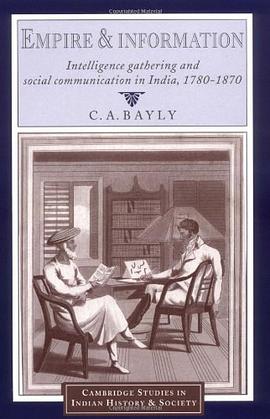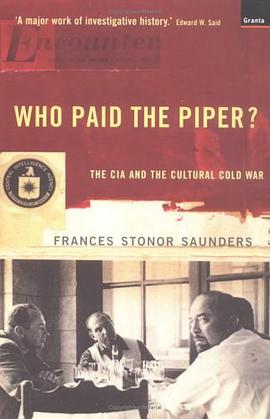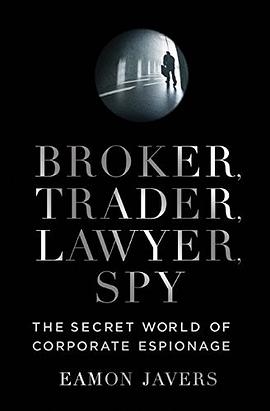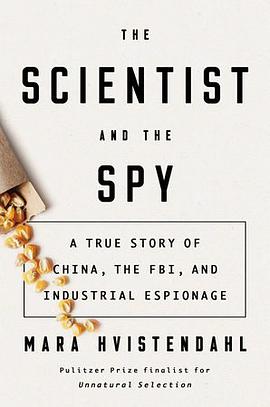In this penetrating work of investigative and historical journalism, Eamon Javers explores the dangerous and combustible power spies hold over international business. Today's global economy has a dark underbelly: the world of corporate espionage. Using cutting-edge technology, age-old techniques of deceit and manipulation, and sheer talent, spies act as the hidden puppeteers of globalized businesses. They control markets, determine prices, influence corporate decisions, and manage the flow of data and information of some of the world's biggest corporations. In his gripping and alarming book, Eamon Javers takes the reader inside this hidden global industry. Readers meet the spies who conduct surveillance operations, satellite analysts who peer down on corporate targets from the skies, veteran CIA officers who work for hedge funds, and even a Soviet military intelligence officer who now sells his services to American companies. This industry has tentacles in almost every industry in almost every corner of the globe. Intelligence companies and the spies they employ are setting up fake Web sites to elicit information, trailing individuals and mirroring travel itiner-aries, Dumpster-diving in household and corporate trash, using ultrasophisticated satellite surveillance to spy on facilities, acting as impostors to take jobs within companies or to gain access to corporations, concocting elaborate schemes of fraud and deceit, and hacking e-mail and secure computer networks. The work of this industry can be ingenious, but it also raises crucial moral and legal questions in a world where global conflicts are as likely to be corporation versus corporation as they are to be nation versus nation. This globalized industry is not a recent phenomenon, but rather a continuation of a fascinating history. The story begins with Allan Pinkerton, the nation's first true "private eye," and extends through the annals of a rich history that includes tycoons and playboys, presidents and FBI operatives, CEOs and accountants, Cold War veterans and military personnel. Built on exclusive reporting and unprecedented access, this book features accounts of Howard Hughes's private CIA, the extensive spying that took place in a battle between two global food companies, and interviews with some of the world's top corporate surveillance experts.




